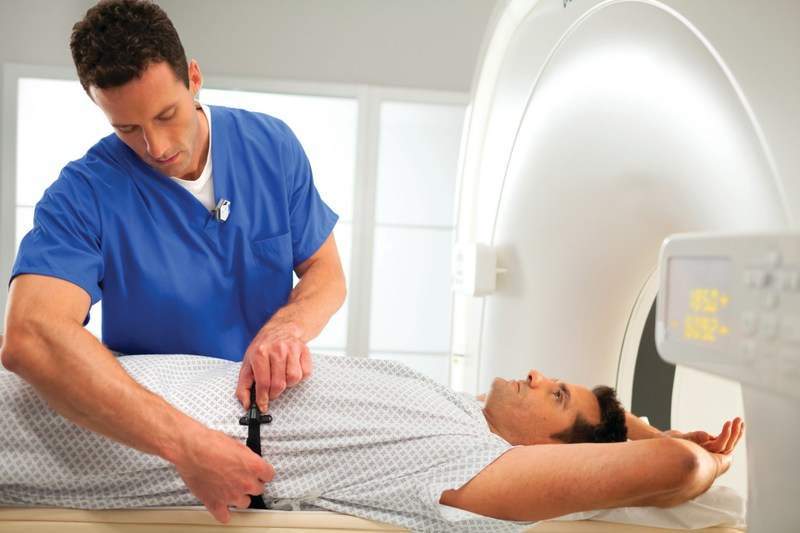
The company said that the main products it is displaying at the event are the Vereos Digital PET/CT scanner and Philips CardioMD IV SPECT system.
According to the company, the fully digital Vereos Digital PET/CT scanner is backed by rigorous clinical evidence. Included in these are investigational studies held for more than four years and over 100 published clinical studies.
Powered by the company’s Digital Photon Counting (DPC) technology, Vereos is said to provide enhanced detectability and characterization of small lesions.
Philips claims that Vereos delivers uncompromised detectability and quantification at half the PET dose and also offers lesion detectability in one tenth of the time.
On the other hand, the other product – the Philips CardioMD IV SPECT system has been particularly designed for nuclear cardiology, said the company.
Designed to improve workflow and add value to radiology departments, the SPECT system is said to deliver diagnostic image quality and reliability. It is also claimed by the company to provide access to the latest nuclear medicine processing and review applications.
CardioMD IV has a small footprint that enables it to fit in almost any existing camera room without the need of any costly renovations. It also comes with a patient-friendly design to provide greater positioning flexibility, said Philips.
Philips nuclear medicine clinical science director Piotr Maniawski said that innovation in molecular imaging is moving ahead at an unmatched rate in line with the growing number of radiopharmaceuticals being introduced in the market and also with the new developments affecting oncology and cardiology.
Maniawski said: “As the industry shifts from volume- to value-based care, the need for an accurate treatment pathway is more important than ever.
“Philips is making significant strides in nuclear medicine with innovations such as the Vereos Digital PET/CT, which is gaining momentum globally and enabling hospitals to make an immediate impact on outcomes, increasing diagnostic confidence.”






